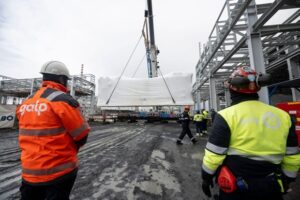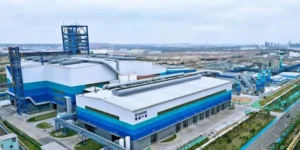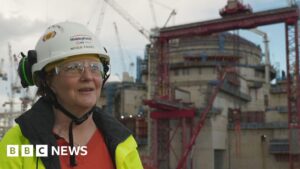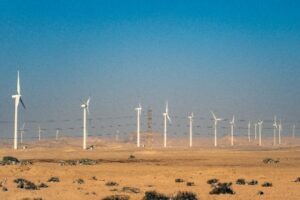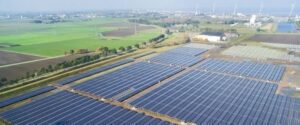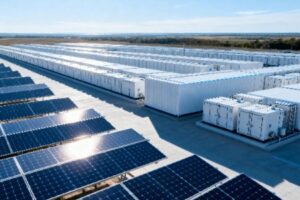‘Fraud, false promises, concealment’ | Iwatani files lawsuit against Nel over faulty hydrogen refuelling stations
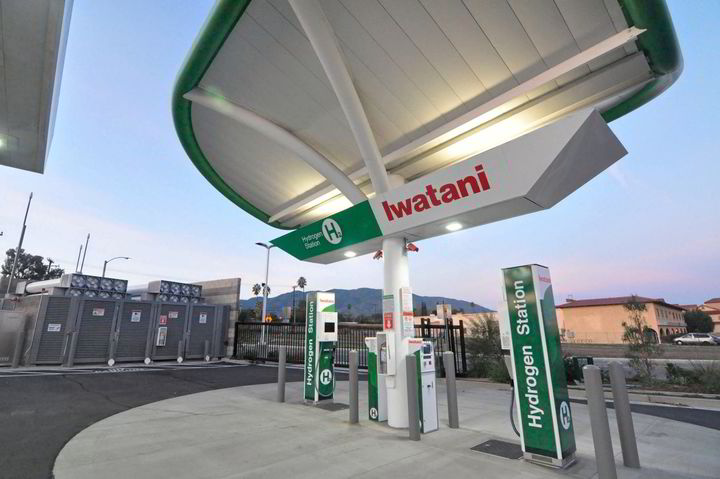
Japanese industrial gas firm Iwatani has filed a lawsuit against Norway’s Nel in a California district court on eleven complaints, denied by Nel, that include misrepresentation, false promises and fraud in making contracts, related to the sale of the Norwegian company’s “H2Station” hydrogen refuelling equipment.
Iwatani’s American subsidiary alleges in court documents seen by Hydrogen Insight that Nel had never actually tested its H2Stations in “real-world commercial conditions” prior to selling seven of them for the Californian market, structuring its contracts so that only the Norwegian firm would have visibility over any problems with the equipment.
“This scheme was designed to allow [Nel] to hide defects in the equipment, control information customers received regarding problems that were encountered, and use customers’ equipment for field testing and R&D without their knowledge and at their expense,” Iwatani alleges.
Iwantani also claims that the H2Station control systems and software had not been completed by the time its refuelling points were installed, alleging that Nel was still writing the code while employees in its Denmark office ran equipment remotely without Iwatani’s knowledge.
“This shifted the cost of field testing the H2Stations to [Iwatani] and allowed [Nel] to take them into the market before they were properly tested or ready for actual commercial use by customers, and long before the software underlying the Control Systems and Software was actually created,” the lawsuit continues.
Iwatani also argues that the Norwegian firm had misrepresented its track record, claiming that the equipment sold to other companies “was actually defective, had disastrous performance records, and was plagued by constant breakdowns and failures that caused the customers to incur millions of dollars in lost profits and other damages”.
Article continues below the advert
The firm also claims that Nel’s sales and marketing presentations, used during the run up to the pair signing a sales contract, misrepresented Nel’s experience by referring to number of employees, market capitalisation, and technology deployment across all of its subsidiaries, rather than only its refuelling business.
Component failures
Iwatani notes that it had never been provided with a user’s manual “other than a very rudimentary 30-page document only recently provided”, with no instructions for control systems and software, in contrast to competitors normally supplying over 1,000 pages of documentation, manuals and warnings for their equipment.
This means that the refuelling station operator was unable to “understand or interpret the error, alarm, or emergency messages and codes the H2Stations generate, rendering them virtually unusable”.
Iwatani’s claim alludes to a 2017 lawsuit brought against Nel subsidiary Nel Hydrogen A/S — then H2 Logic A/S — by compressor firm PDC, which had previously supplied Nel with hydrogen compression technology.
PDC alleged in the claim that the Nel subsidiary had infringed on its intellectual property in the design of in-house compressors for the H2Station.
PDC and Nel settled the suit for an undisclosed sum in 2018, which Iwatani argues put extra pressure on the Norwegian firm to sell its equipment by any means necessary, particularly given it had paid $30m to acquire H2 Logic and another $10m for a factory capable of producing 200 hydrogen filling stations.
However, Iwatani argues that even the Nel refuelling stations that used PDC compressors had experienced “massive problems and failures”.
As such, the Norwegian firm “knew or should have known” that their first in-house compressor would face “exponentially more pressure and suffer from much greater wear and tear than earlier versions since the hydrogen would be stored at 500 bar rather than 1,000 bar, requiring the compressor to work significantly harder to fuel hydrogen fuel cells”.
On launching its own investigations, Iwatani claims that an extremely important component of the H2Station, the “cavity stack” of its diaphragm compressor, had failed at least twelve times at its Hawaiian Gardens site and in many cases after less than 1,000 hours, with each replacement shutting down the station for a week rather than the “few hours” claimed in the product specifications.
Beyond the compressor, Iwatani also alleges that at least 85 valves had failed at two of its refuelling station sites. The industrial gases firm claims that it found out through discussions with the valve manufacturer that the components were not appropriate for their use in H2Stations, and that Nel had not consulted with the manufacturer prior to selecting them.
Iwatani further alleges that not only had Nel “completely failed and refused to even attempt to address these valve failures”, the Norwegian firm was also unwilling to replace it with another type of valve.
The lawsuit also claims that “many of the H2Stations’ important components made by other manufacturers were, upon information and belief, purposely modified” in order to prevent customers from replacing defective or broken parts themselves, even alleging that Nel had stolen parts from H2Stations that were not yet operational or in storage to replace parts that had failed.
Shutdowns
Iwatani notes that the start of commissioning for the first H2Station at Hawaiian Gardens was 59 days late, with various problems and shutdowns that were not adequately explained. Operation then commenced 100 days late, at which point Iwatani signed a contract with Nel for servicing and maintenance which restricted access to information about the site’s problems.
Meanwhile, its second H2Station at Seal Beach was also 150 days late to commissioning, and was shut down after seeing similar problems to Hawaiian Gardens. The third station at Anaheim operated “only for five hours” before experiencing the same failures.
“The fourth, fifth, and sixth H2Stations were installed at stations located in Santa Ana, Corona, and La Mirada and also suffered hundreds of additional days of commissioning delays caused by Defendants and have never been opened for retail sales,” the lawsuit continues.
While Iwatani does not provide a sum total it seeks Nel to pay out, five of the claims refer to damages “in excess of $75,000”, not counting legal fees.
The lawsuit notes that Nel has not only claimed the refuelling station operator owed it $1.8m in previously invoiced items, but $200,000 for removing metal debris from inside H2Stations, which Iwatani argues had been left due to the breakdown of components rather than improper installation.
Nel rejects all the allegations made by Iwatani, and has announced it will “vigorously oppose” the lawsuit.
